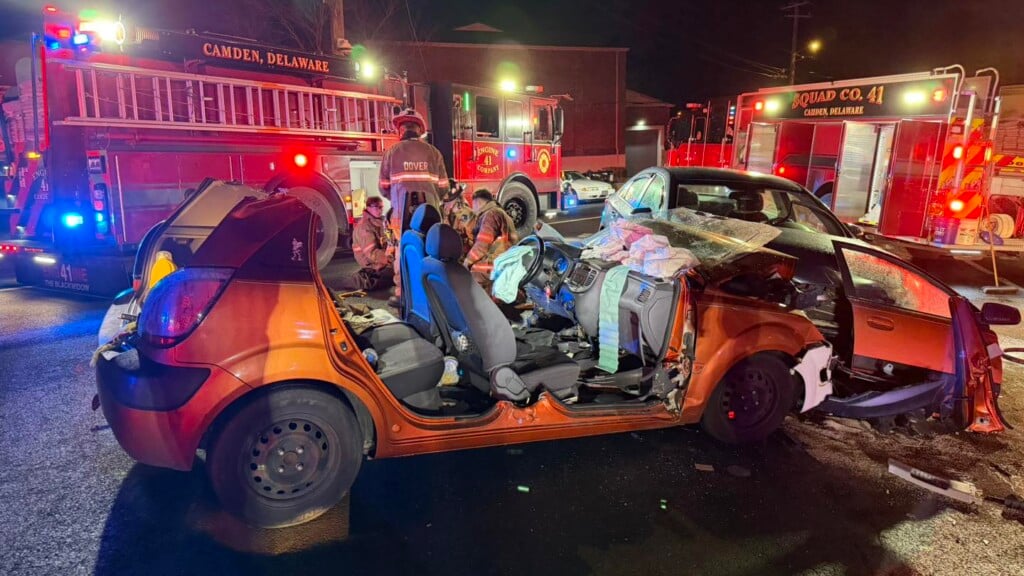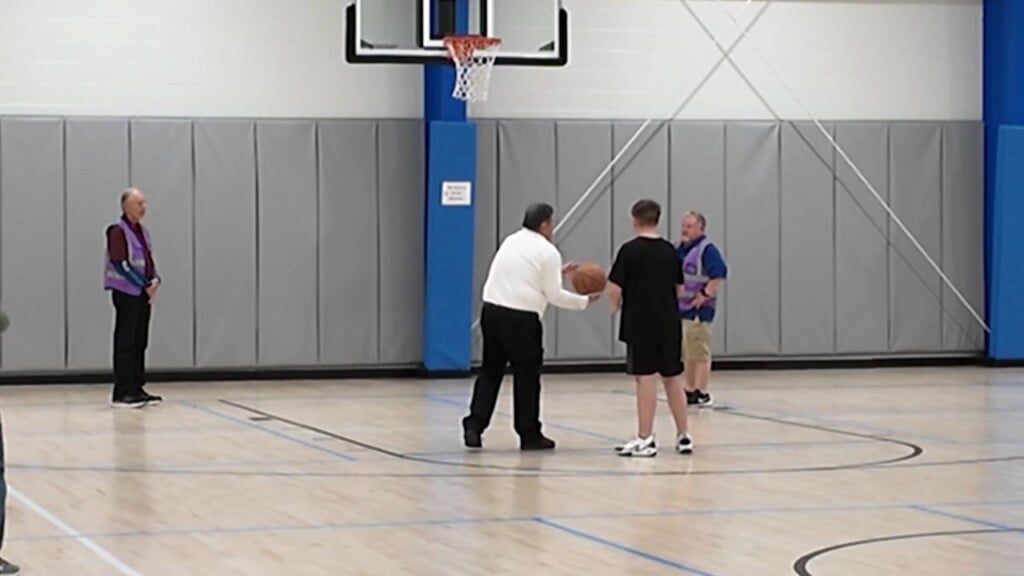Wallops Flight Facility anticipates new data with sounding rocket launch, ahead of solar eclipse

WALLOPS ISLAND, Va.- In just days, a 60-foot, 1,000-pound rocket will launch from Wallops Island.
The mission? To learn how the upcoming solar eclipse will affect people, back on Earth.
“We want to study how small-scale eclipse creates disturbances in the ionosphere, and the capability of interfering with our radio communications,” said NASA professor of engineering, Aroh Barjatya.
The Atmospheric Perturbations around eclipse Path, or APEP, will help scientists, like Barjatya, calculate how these events disrupt not just radios, but possibly GPS systems, or other forms of communications.
“Any small perturbation in that layer can impact radio communication,” Barjatya said. “With the eclipse, we know exactly when and where it’s happening, so we are launching three rockets: one 45 mins before peak local eclipse, one during peak local eclipse and one 45 minutes after.”
With a total flight time of between 10 and 15 minutes, electrical engineer, Scott Hesh, said the sounding rocket was the ideal fit for this mission, because it will produce the most accurate data in the shortest period of time.
“We’ll have real time antennas here, at Wallops Flight Facility, monitoring the rocket,” Hesh said. “The real time lead feeds off the main payloads and the sub payloads, so we do not need to recover anything.”
And those payloads that Hesh referred to? Those act as mini data collectors. Barjatya said as they expel in all four directions, scientists will be able to receive a wider horizon of data.
“One rocket is going up and it kicks off these four babies, and the four babies, even though they are slightly slowly going away, they are also climbing with the main payload, so [it’s] one launch, but I get five profiles of measurement,” Barjatya said.
In an evolving technological society, Barjatya said seizing these types of opportunities to further research, is what brings us one step closer to formulating action plans.
“As we are becoming more and more connected world, we need to be able to predict when we are going to have an impact on our radio communication, and by that I don’t mean black out, but loss of signal loss or power,” Barjatya said.


